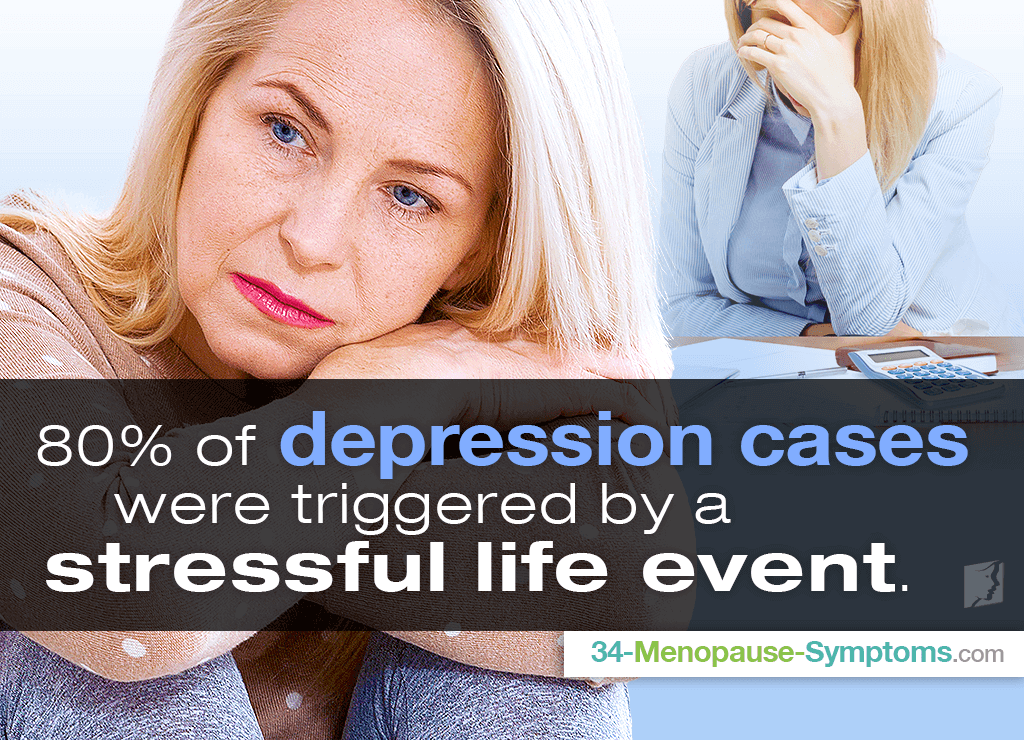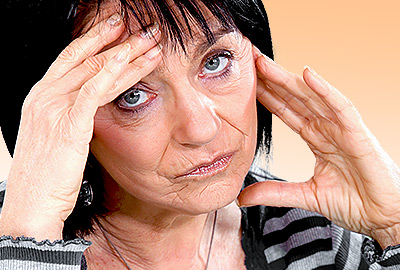Research has found that chronic stress can permanently alter our physiological, behavioral, and emotional responses. It is one of the most frequently reported triggers of many medical conditions, such as heart disease, stomach ulcers, or diabetes. It has been shown that stress can also lead to depression, and women are more likely to suffer from it. Continue reading to learn more about the causal association between stress and depression.
About Stress
Most women associate stress with something negative, and many might not know that stress is a healthy response of our body to a challenging situation. Faced with a stressor, the body releases several stress hormones to prepare itself to “fight or flight,” such as epinephrine and norepinephrine.
It also releases cortisol, which is responsible mainly for providing enough blood sugar to fuel the brain and muscles, as well as keeping the blood pressure and other physiological mechanisms in balance.
In acute stressful situations, these hormones are short lasting and do not have any negative effects on the body, but when stress becomes chronic, the level of cortisol remain constantly elevated, leading to several adverse consequences in our body and mind, such as palpitations or high blood pressure and depression or anxiety.
Effects of Stress on Depression
Studies have found that 80% of depression cases were triggered by a stressful life event, like marital, health, or financial problems. Such stressors trigger an over-secretion of cortisol, which might:
Suppress the immune system, making the body more susceptible to infections and other diseases, such as depression, and reducing its healthy coping mechanisms.
Influence mood, sleep, appetite, and libido due to the stress-induced neurotransmitter imbalance, particularly of serotonin, dopamine, and norepinephrine.
Damage the hippocampus, affecting the memory and concentration and making the decision-making process a challenge, which understandably can increase the depressive feelings.
- Disturb the sleeping patterns, causing insomnia, which does not allow the body to repair itself as it normally does during sleep. Insufficient sleep can cause irritability and fatigue.
It is clear that prolonged stress can decreases your adaptability and affect you in many ways from altering your outlook on life, to reducing your cognitive functions and motivation, to influencing your moods and irritability, all of which are associated with depression. Many women try to find escape in alcohol or drugs, which can, in turn, worsen their depression and make them feel that they lost control over their life.
How to Prevent Depression by Managing Stress?
Life will never be stress-free, so learning how to effectively manage stress can improve your coping mechanisms in case of stressful situations, and thus prevent depression.
Several techniques helpful in reducing stress include meditation, yoga, mindfulness, aromatherapy, and breathing exercises. Some women find relief in regular exercise, traveling, or music. Others build their strength from having a strong family and friend support.
Since our response to stress is very individual, it is important to experiment with several coping strategies and find your own optimal way to handle stress and prevent it from taking over your life.
There is a definite causal relationship between a cumulative stress and depression. Researchers are not sure why stressful life events cause depression in some women, while others seem to be unaffected. They believe it is a combination of the type of stressors, age, and the overall health status. Personality and early-life experiences might also play a role. Take advantage of the most effective ways to battle stress and deal with menopausal depression.
Sources
- Annual Reviews in Clinical Psychology. (2005). Stress and Depression. Retrieved August 25, 2017 from https://pdfs.semanticscholar.org/46c2/3c74e9b0840c7b85bddbd635f95a12ee2a68.pdf
- Hammen, C. (2015). Depression and stressful environments: identifying gaps in conceptualization and measurement. Retrieved August 28, 2017 from http://www.tandfonline.com/doi/abs/10.1080/10615806.2015.1134788?journalCode=gasc20
- Science. (2003). Influence of Life Stress on Depression: Moderation by a Polymorphism in the 5-HTT Gene. Retrieved August 25, 2017 from http://usdbiology.com/cliff/Courses/Advanced%20Seminars%20in%20Neuroendocrinology/Susceptibility%20and%20Resilience/Caspi%2003%20Sci%20Stress%20Depression%205-HTTLPR%20s.pdf




